This isn’t just a contractor job—it’s a board-managed investment that affects every shareholder and resident in the building.
Whether you’re on the board, part of the management team, or a shareholder trying to understand what’s ahead, this guide walks you through everything from reserve planning and DOB permits to contractor selection and shareholder communications.
From recurring leaks to roofing systems installed before 2000, here are the signals that your roof isn’t just due for repair—it’s due for full replacement.
Boards often delay too long—only to face higher costs and emergency approvals later.
Replacing a roof in a Theater District co-op typically costs five to six figures, depending on size and access.
Three common funding sources:
Best practices:
Boards that plan ahead can avoid urgent assessments, resident backlash, and low-quality bids made under pressure.
In most cases, a roof replacement is considered a capital improvement—not an alteration of shareholder property rights.
However, depending on your building’s bylaws, you may need to:
Pro tips for navigating the process:
Even if a formal vote isn’t required, good communication builds trust and helps avoid conflict when assessments or fees increase.
Replacing a roof in a co-op is not the same as patching a single-family home.
What to look for:
Avoid contractors who push “low bid” solutions or refuse to discuss DOB compliance.
In Theater District, nearly all roof replacements require filings with the NYC Department of Buildings (DOB).
Permits and filings your contractor should handle:
Make sure your roofer is listed on the permit as the filing contractor—not just a subcontractor.
Pro tip: ask for proof of submitted filings and scheduled inspections before work begins. It protects the board and shareholders alike.
Roof replacement in Theater District is expensive—but planning ahead can help boards avoid surprises and budget shocks.
Material + install costs:
Soft costs:
Total estimate: Most co-ops in Theater District should expect to spend between $30,000–$150,000+ depending on building height, roof area, and DOB requirements.
Replacing a roof in Theater District involves more than a few days of work—it also requires permits, staging, and tenant coordination.
Typical timelines:
Access planning tips:
A well-organized contractor will give you a calendar and logistics plan in writing before work begins.
Even if the board is legally allowed to approve the project without a vote, proactive communication can prevent frustration or blowback.
What to communicate:
How to deliver the message:
The more confident shareholders feel in the board’s due diligence, the less resistance you’ll encounter—especially if financing is required.
Once the new roof is installed, the job’s not done—you’ll need documentation, inspections, and a maintenance plan.
What to collect:
Ongoing maintenance plan:
Boards that plan for long-term care typically get 20+ years from their replacement roof—without major capital surprises.
Replacing a roof in a Theater District co-op requires the right plan, the right permits, and the right people.
We connect Theater District co-op boards and managing agents with licensed, insured contractors who specialize in multi-family and DOB-compliant roofing projects.
Click here to get free quotes from vetted co-op roof replacement pros in Theater District.
